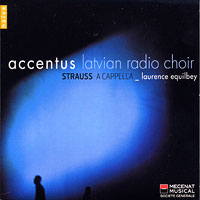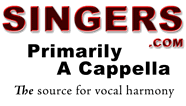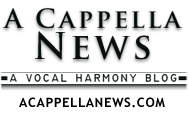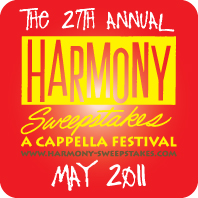June 25, 2010
Latvian Radio Choir - Strauss a cappella

Richard Strauss, though better known as a composer of operas and tone poems, wrote significantly in other genres as well. One of those mediums that fascinated him throughout his entire life was the a cappella choral work. The earliest pieces recorded here—the Zwei Gesänge - come from 1897, the year of Ein Heldenleben; the latest piece—Traumlicht, the second of the Drei Männerchöre - from 1935–36, those years in which Strauss was occupied with the operas Friedenstag and Daphne. The most extensive work here, and perhaps the most difficult to perform, is the Deutsche Motette. Written in 1913, between his work on the operas Ariadne auf Naxos and Die Frau ohne Schatten, it is a one-movement tone poem for voices. There are moments of incredible difficulty, requiring the basses to perform notes more than two octaves below middle C for passages at a time. The sopranos, on the other hand, are asked to sing passages requiring high Dbs, more than two octaves above middle C. The singers here are up to the challenge. This is no small feat for a piece that contains at its highest number 23 individual parts! The earlier Zwei Gesänge are also given very fine performances. The ensemble work here is much better in terms of blend. In the beginning of Der Abend (the first of the two Gesänge) the singers are very good at overlapping and matching, creating a seamless wall of sound as they transfer from one section to the next. Each entry proceeds smoothly, through the odd chromatic wandering, until the very end when the ensemble creates an almost organ-like sonority. The two remaining pieces are equally thrilling and well done.
2326 CD 16.95
Posted by acapnews at June 25, 2010 9:33 PM






 Subscribe to this feed
Subscribe to this feed 
